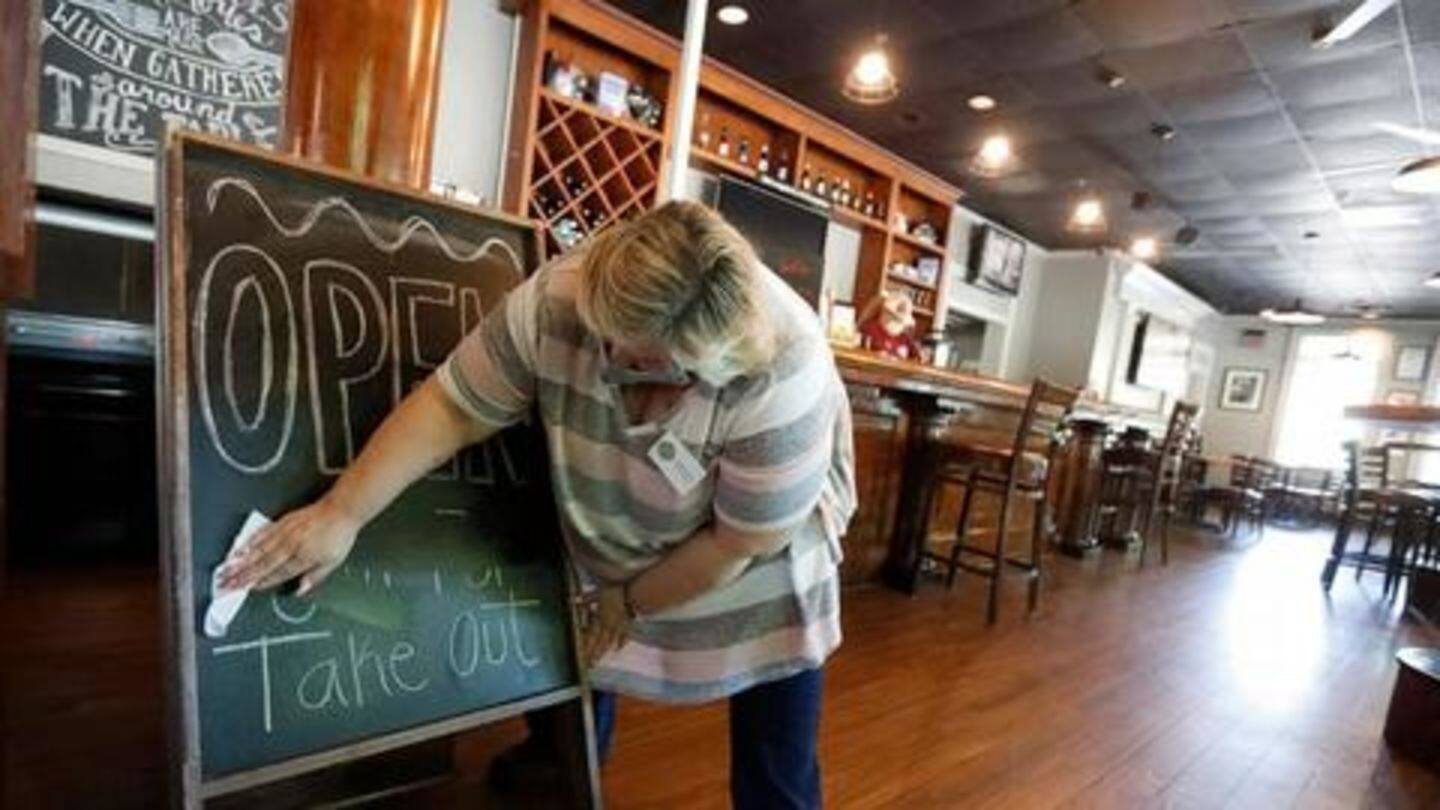
Globally, the situation is worsening: WHO about coronavirus
What's the story
In a development that should worry all countries, the World Health Organization (WHO) on Monday said the coronavirus situation was worsening globally, though some improvement was witnessed in Europe. The chief of the United Nations body, Tedros Adhanom Ghebreyesus, said figures from the Americas and South Asia were concerning. 10 countries of these territories accounted for 75% of the fresh cases reported on Sunday.
Data
After its outbreak in China, coronavirus claimed over 4L lives
Since its outbreak in China last year, the virus has taken 408,628 lives and infected 7,193,988. With 113,055 deaths, the United States is the worst-hit nation, followed by Brazil, where 37,312 have died. In the United Kingdom, 40,597 passed away and Italy lost 33,964 to the COVID-19 disease. India is the sixth worst-affected nation with 265,928 being infected. 7,473 have died so far.
What he said
Over 1L cases reported on one day itself: Tedros
Addressing a virtual press conference in Geneva, where the UN body is based, Tedros warned against complacency. "More than 100,000 cases have been reported on nine of the past 10 days. Yesterday, more than 136,000 cases were reported -- the most in a single day so far," he added. He noted most countries in Africa are seeing a surge in cases.
Protests
On George Floyd protests, Tedros said WHO supports equality
Tedros added now was certainly not the time for any country to get its "foot off the pedal". Speaking on protests in the US, which were sparked after a black man George Floyd died in police custody last month, he said, "WHO fully supports equality and the global movement against racism. We reject discrimination of all kinds." But he had a message for protesters.
Quote
Tips from Tedros: Wash hands, wear a mask, maintain distance
"We encourage all those protesting around the world to do so safely. As much as possible, keep at least one meter from others, clean your hands, cover your cough and wear a mask if you attend a protest," he said.
What he said
Another official hoped people would remain more alert now
The organization has constantly stressed upon tracing the contact of an infected person, but WHO's Emergencies Director Michael Ryan noted that anyone who has attended a mass protest doesn't "meet the technical definition of a contact". In this case, it becomes the responsibility of local authorities to be proactive. He hoped that now that people are aware of the risk, they would follow precautions.
Quote
Ryan noted people had enough time to internalize everything
"We would hope that in any mass gathering now... people who have had now four to five months to really internalize, that someone who is unwell... should really be at home and not engaged in any public activity," Ryan added.